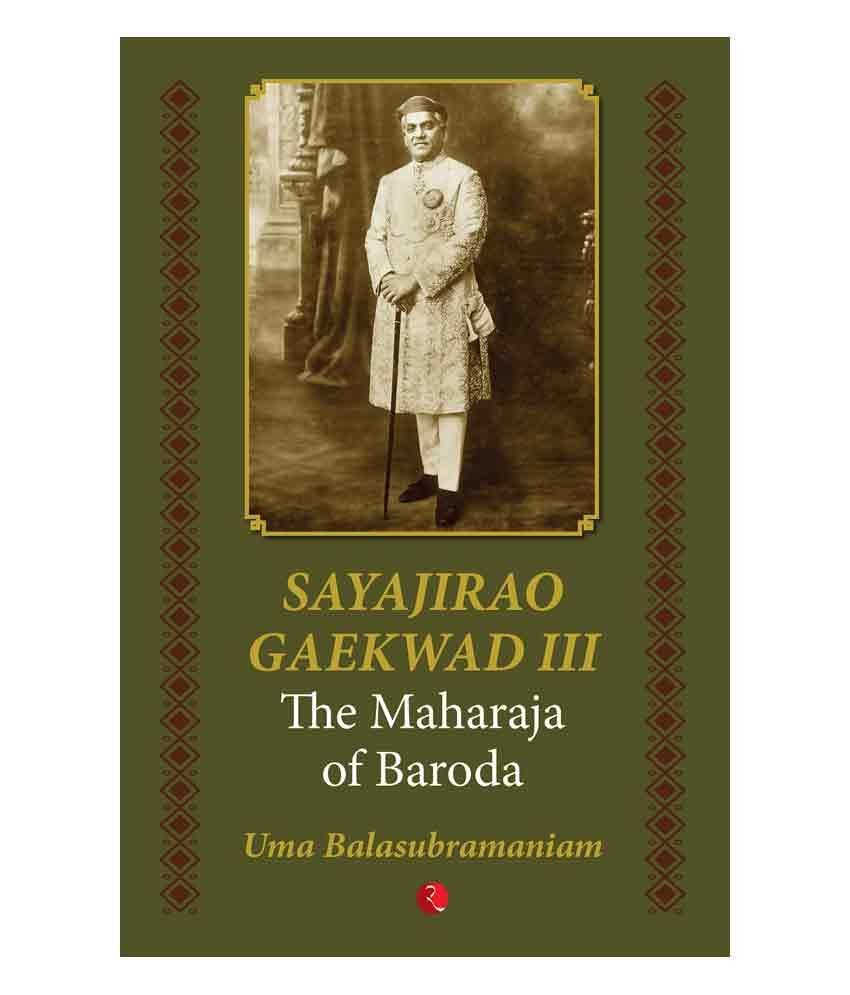Something went wrong. Please refresh the page and try again.
Something went wrong. Please refresh the page and try again.
Notifications can be turned off anytime from settings.
Item(s) Added To cart
Qty.
Something went wrong. Please refresh the page and try again.
Something went wrong. Please refresh the page and try again.
Exchange offer not applicable. New product price is lower than exchange product price
Please check the updated No Cost EMI details on the payment page
Exchange offer is not applicable with this product
Exchange Offer cannot be clubbed with Bajaj Finserv for this product
Product price & seller has been updated as per Bajaj Finserv EMI option
Please apply exchange offer again
Your item has been added to Shortlist.
View AllYour Item has been added to Shopping List
View All

No Cost EMI of Zero Emi Vendor applied on the product
You selected EMI of for monthsChangeGenerally delivered in 5 - 9 days
Item is available at . Change
You will be notified when this product will be in stock
| ||||||||||||||
Maharaja Sayajirao Gaekwad III of Baroda state towered over all the other rulers of princely states in British India.
The book not only documents how a Maratha farmer's son became a maharaja by a twist of fate, but also reveals interesting details about how the ‘favourite son' of the British Empire found himself on the brink of being deposed by the British. Extensively researched and engagingly written, the book unearths secret records from the India Office in London and discloses the role played by Sayajirao in India's fight for freedom.
Despite failing health and great personal tragedies, Sayajirao governed the state with remarkable zeal and had many firsts to his credit. As early as 1881, he opened several schools for girls and a training college for lady teachers. In 1893, he introduced free primary education for children and became the first Indian ruler to do so. He banned child marriage and untouchability and promoted inter-caste marriage and widow remarriage widely.
This is a biography of a great ruler whose legacy does not lie just in great institutions like the Laxmi Vilas Palace, Ajwa reservoir, Kala Bhavan, Central Library of Baroda, Baroda College (now MS University of Baroda), Baroda Museum and Bank of Baroda, but in the scale, nature and foresight of his endeavours.
About the Author
UMA BALASUBRAMANIAM is a graduate in history from the Faculty of Arts of the M.S. University of Baroda. Brought up in the cosmopolitan environment of Bombay and schooled in the convent school tradition, her broadminded views are evident in her writings, particularly in her debut novel Beyond The Horizon, published in 2015.
Uma began her writing career in 2002 contributing to various publications like The Hindu, The Indian Express and the Deccan Chronicle.
Uma lives in Chennai with her husband and they are parents to three children settled in the United States. Uma's interest in history takes the Balasubramaniams travelling around the world and writing about the places they have visited.
The images represent actual product though color of the image and product may slightly differ.
Sayajirao Gaekwad Iii: The Maharaja Of Baroda
Rs. 458
Register now to get updates on promotions and
coupons. Or Download App